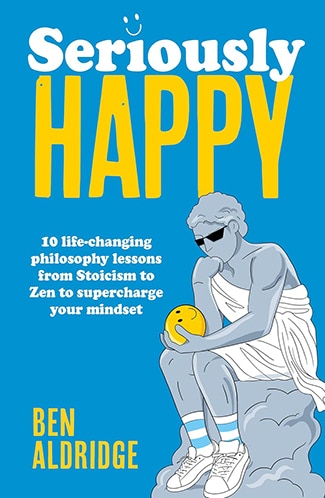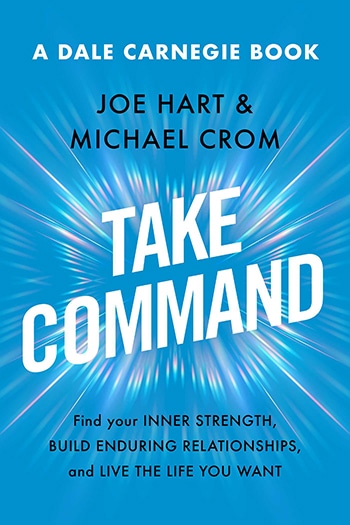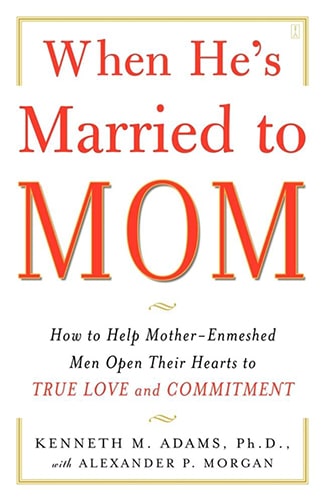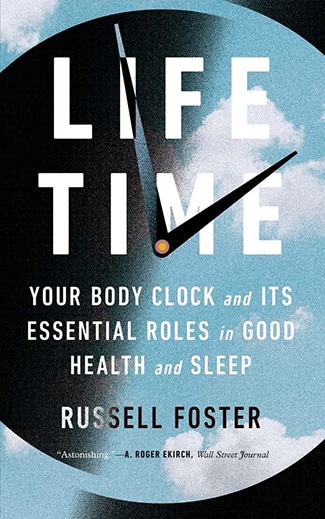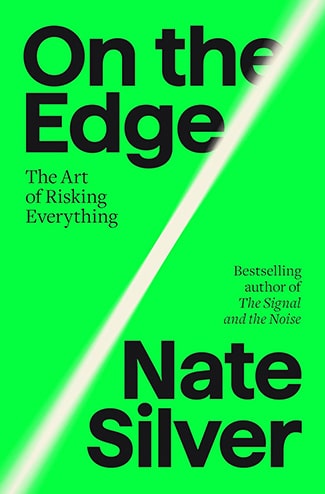Podcast Summary
Allow kids to experience failure for their growth: Encouraging failure helps kids build resilience, motivation, and effective learning skills. Parents should let go and allow children to learn from their mistakes in various aspects of life.
The best way for parents to help their children flourish and succeed is by allowing them to experience failure. According to Jessica Leahy, a teacher and author of "The Gift of Failure," the history of parenting in America has shifted from more productive and protective to more involved and directive over the past few decades. This trend, often referred to as helicopter parenting, can hinder children's long-term development by robbing them of opportunities to learn from their mistakes. Leahy emphasizes the importance of letting kids experience failure in areas such as academics, social situations, and even simple tasks like tying shoes. By turning these failures into learning experiences, parents can help their children build resilience, motivation, and the ability to learn effectively. The research shows that this approach not only benefits children's emotional and social growth but also their academic success. So, let go, allow your kids to fail, and watch them transform into confident, competent adults. For more insights and practical tips, check out Jessica's book and the show notes at AOM.IS/gift-of-failure.
Parenting Shift: From Child-Centered to Parent-Centered: Excessive monitoring, pressure to perform, and pursuit of perfection fueled by technology can negatively impact children's mental health and development. Parents should strive for balance and support to raise happy, healthy children, not perfect ones.
Modern parenting, fueled by media hype and enabled by technology, has shifted from a child-centered approach to a parent-centered one. This shift, characterized by excessive monitoring, pressure to perform, and the pursuit of perfection, can negatively impact children's mental health and development. Parents are using tools like spreadsheets and grading portals to track their children's progress, creating unrealistic expectations and causing undue stress. This trend, often exacerbated by social media, can lead to anxiety, depression, and other mental health issues in children. It's essential for parents to recognize the impact of their actions and strive to create a more balanced and supportive environment for their children. This might involve setting realistic expectations, fostering independence, and encouraging open communication. Ultimately, the goal should be to raise happy, healthy children, not perfect ones.
Over-parenting can harm children's intrinsic motivation: Over-parenting can hinder children's ability to learn from mistakes, be creative, and develop intrinsic motivation. Instead, they need more autonomy, competence, and connection with parents.
Extrinsic motivators, such as paying children for good grades or closely monitoring their activities, can actually undermine their intrinsic motivation to learn and be creative. Instead, children need more autonomy, competence, and connection with their parents to develop intrinsic motivation. Over-parenting, on the other hand, can hinder their ability to be frustrated, which is essential for learning from desirable difficulties and constructive feedback. This trend towards over-parenting may contribute to the rising anxiety and depression issues among children, as they become accustomed to constant direction and the pressure to perform effortlessly.
Praising kids for intelligence can create unintended consequences: Instead of constantly praising kids for their intelligence, foster a growth mindset by emphasizing learning from mistakes and challenges, and modeling this behavior.
Constantly praising children for their intelligence and accomplishments can have unintended consequences. According to research by Carol Dweck, this approach can create a fixed mindset, causing kids to believe that they have to appear perfect and effortless to maintain their intelligence label. As a result, they may be less likely to take on challenges, admit when they don't know something, and even cheat to maintain their perceived intelligence. Instead, it's crucial to foster a growth mindset, emphasizing that intelligence is malleable and that learning from mistakes and challenges is essential for growth. Parents can model this by sharing their own learning experiences and showing that it's okay to make mistakes. Research by Wendy Grolnick supports this approach, suggesting that a more authoritative parenting style, which balances warmth and support with clear expectations and structure, is most effective in producing well-adjusted, competent children.
Autonomy-supportive parenting leads to increased competence and autonomy: Autonomy-supportive parenting helps children grow and develop independence by providing guidance and support, leading to increased competence, improved self-confidence, and a stronger parent-child relationship.
Autonomy-supportive parenting, where parents provide guidance and support while allowing children to figure things out on their own, leads to increased competence and autonomy in children. This approach can also improve the parent-child relationship. However, it can be challenging for parents to resist the urge to intervene when they see their children making mistakes. To make the shift, parents should focus on the long-term benefits of their child's growth and development, rather than the short-term convenience of doing things themselves. Autonomy-supportive parenting is not about abandoning children, but rather about being present and providing helpful suggestions when needed. The benefits of this parenting style include increased competence, improved self-confidence, and a stronger parent-child relationship.
Encouraging long-term growth through process over product: Parents should prioritize their children's learning process over perfect outcomes, allowing them to learn from mistakes and build resilience.
Effective parenting involves thinking long-term and focusing on process over product. Instead of insisting on perfection in the moment, parents should consider what they want their children to achieve in the future. For instance, instead of doing the dishes perfectly for them, encourage children to learn how to do it themselves, even if it means dealing with mistakes and imperfections. Similarly, instead of focusing solely on perfect homework assignments and grades, prioritize the learning process. By stepping back and allowing children to experience failure and learn from it, parents can help build their resilience and competence. This can start with household duties, which should be seen as part of family responsibilities rather than chores or tasks for which children are paid. By fostering a sense of responsibility and encouraging children to learn and grow through experience, parents can help set them up for success in the long run.
Involving children in household chores from a young age: Children's involvement in household chores from an early age builds emotional resilience, increases confidence, and promotes healthier habits.
Involving children in household chores from a young age can significantly contribute to their emotional resilience and sense of competence. This can start with simple tasks like putting dishes away or preparing their own snacks, and can evolve as they grow older. The benefits include reduced emotional harm during stressful times, increased pride and confidence, and even healthier eating habits. It's important to remember that children's rooms should be their own domain, but they can still contribute by helping with age-appropriate chores around the house. Encouraging their independence and competence from a young age can lead to greater responsibility and success as they grow older. Additionally, anecdotal evidence suggests that children who prepare their own lunches waste less food and eat more healthily. So, start small and gradually increase the level of responsibility as they grow.
Encouraging children to explore risks and responsibilities: Allowing age-appropriate risks can help kids develop skills and a better understanding of their abilities. Prohibiting these experiences may increase danger later on, including in social situations.
Allowing children to explore age-appropriate risks and responsibilities can help them develop important skills and a better understanding of their abilities. Denying them these experiences can lead to increased danger when they encounter such situations later on. This concept applies not only to physical activities but also to social situations, such as friendships. As children grow older, they seek to explore their identities and form friendships that may not align with our preferences. Instead of prohibiting these friendships, it's essential to understand their developmental role and allow children to learn from their experiences, provided they remain within reasonable limits.
Helping Children Build Healthy Friendships: Parents should encourage open conversations about healthy friendships, model good relationships, and foster a growth mindset to help children navigate the social landscape of adolescence and build strong, supportive friendships.
Parents play a crucial role in guiding their children through the complex world of relationships during their teenage years. Rather than trying to control who they befriend, it's essential to have open conversations about the value of healthy friendships. Parents can model good relationships and encourage self-reflection, helping their children develop the skills to form meaningful connections. However, navigating the balance between extrinsic motivators, like grades and college aspirations, and intrinsic motivation for learning can be challenging. While it's important to acknowledge the realities of the educational system, parents can focus on fostering a growth mindset and emphasizing the importance of learning for its own sake. By maintaining open communication and modeling healthy relationships, parents can help their children navigate the social landscape of adolescence and develop the skills they need to build strong, supportive friendships.
Shifting focus from grades to goals: Model goal-setting, help kids understand learning process, acknowledge external pressures, and encourage self-directed learning to promote better learning and reduce anxiety.
As parents, we need to shift our focus from solely emphasizing grades and scores to helping our children set and achieve their goals. This approach can be more effective in reducing anxiety and promoting better learning. According to the speaker, who is an educator, it's important to model goal-setting and help children understand the process of learning, rather than just focusing on the end product. Additionally, parents can temper the external pressures on their children by acknowledging that the current education system heavily emphasizes grades. Until this changes, parents can help their children develop self-directed executive function skills and focus on the learning process to help them stay motivated and achieve their goals. A key example given was allowing children to take ownership of their science fair projects, rather than doing it for them, to encourage their independence and pride in their work.
The Value of Embracing Failure: Embrace failure as a learning opportunity and empower children to develop resilience and problem-solving skills.
Leahy shared a personal story about her son's science fair project and how letting him present a subpar project led to his pride and accomplishment in the following year's project. This experience reinforced the importance of allowing children to learn from their mistakes and take ownership of their failures. Leahy also encouraged listeners to check out her work further, including her podcast "Hashtag Amwriting" with her former New York Times editor, KJ Delantonia, and her social media platforms on Twitter, Instagram, and Facebook. Her book, "The Gift of Failure," is available on Amazon.com and in bookstores everywhere. For more resources on this topic, listeners can refer to the show notes at aom.is-slash-gift-of-failure. Overall, this conversation emphasized the value of embracing failure as a learning opportunity and empowering children to develop resilience and problem-solving skills. As Brett McKay closed the podcast, he encouraged listeners to explore the Art of Manliness website for more tips and advice, subscribe to the podcast, and support the community.

